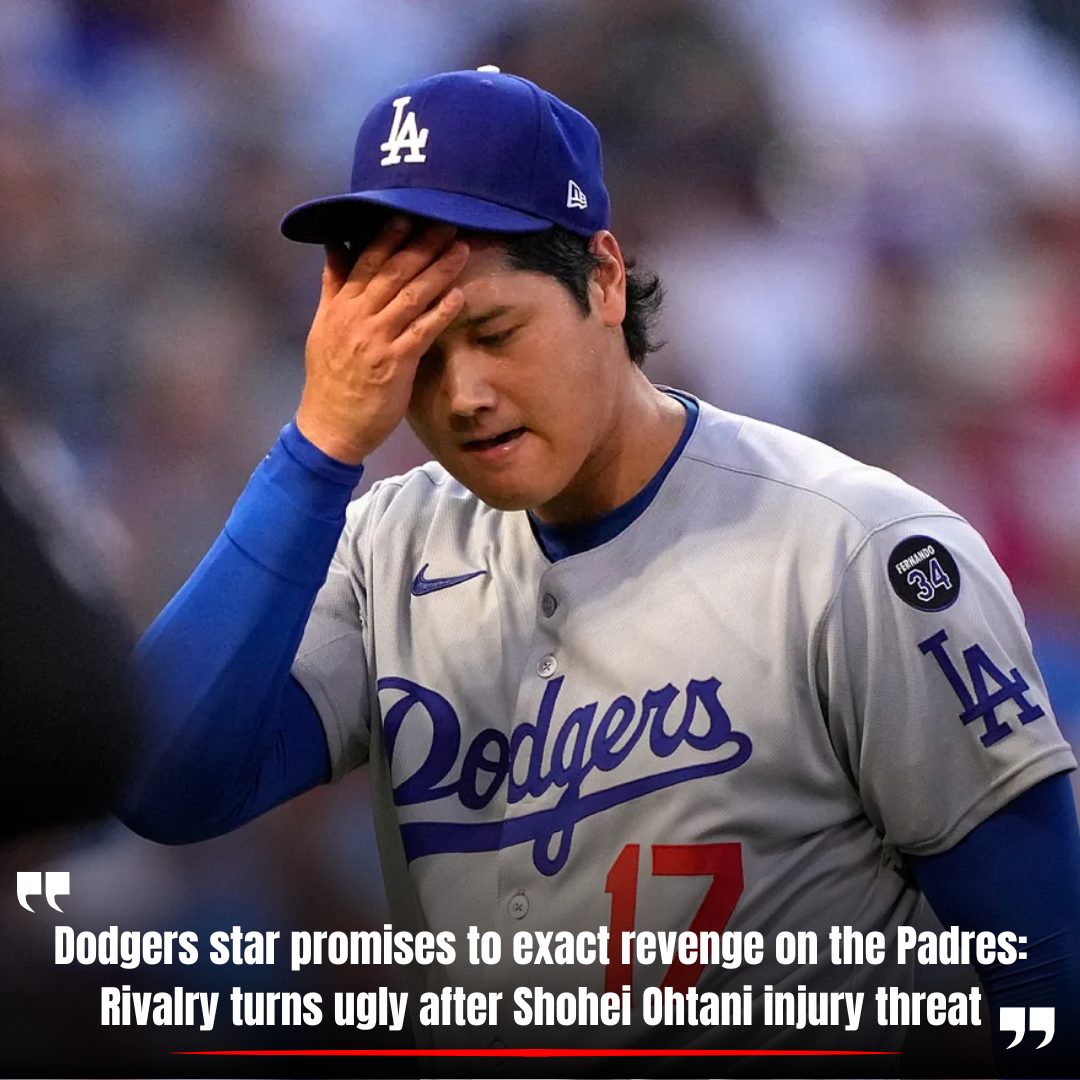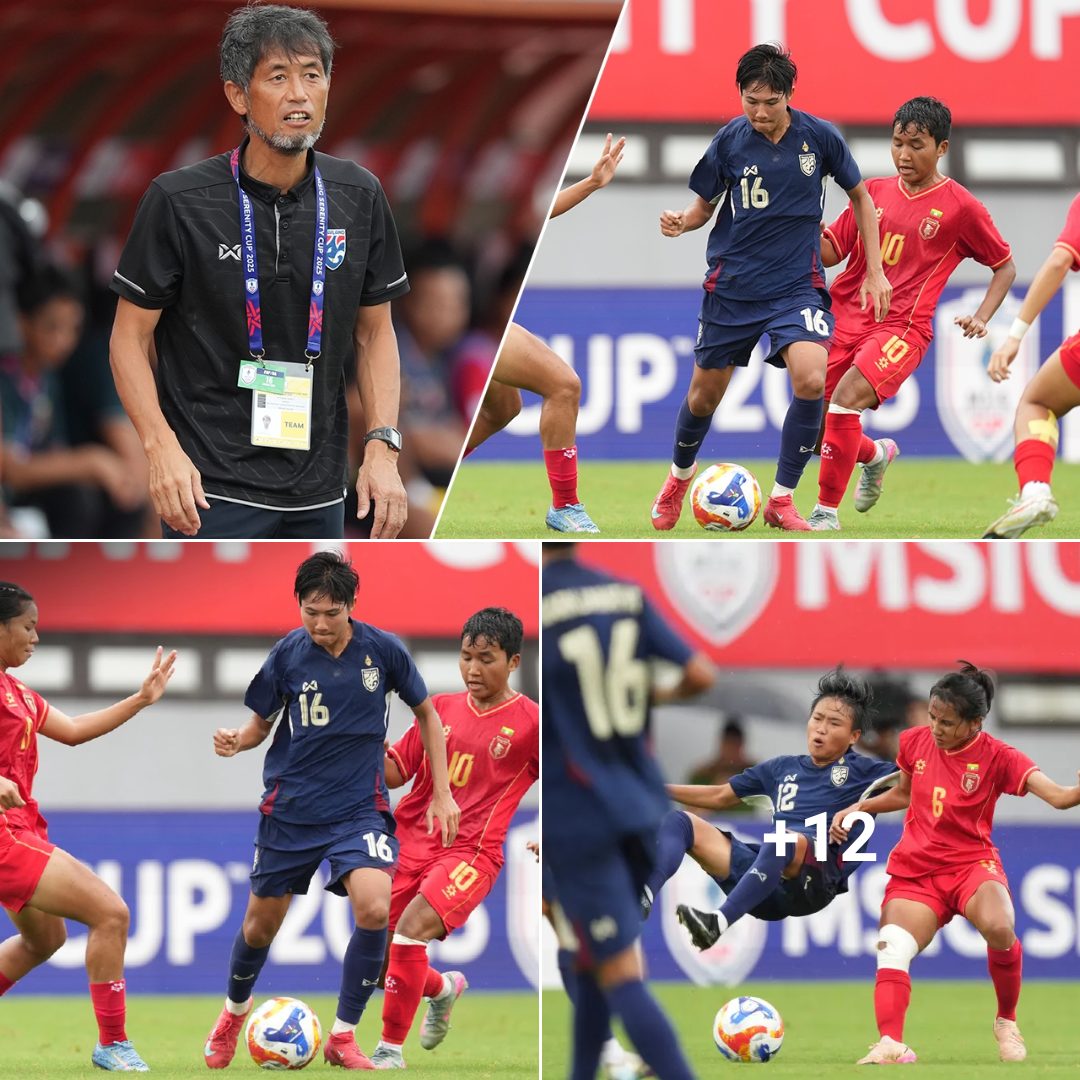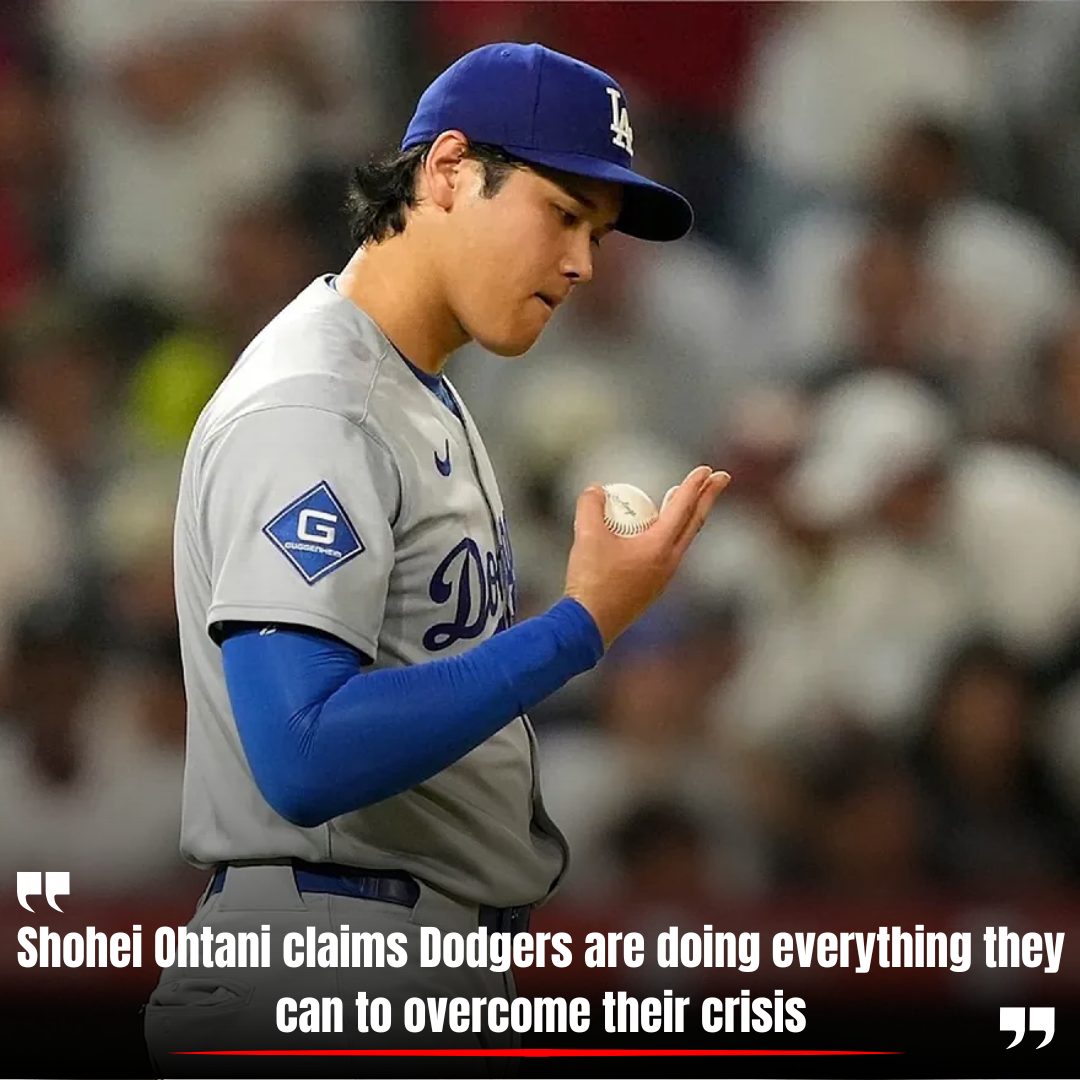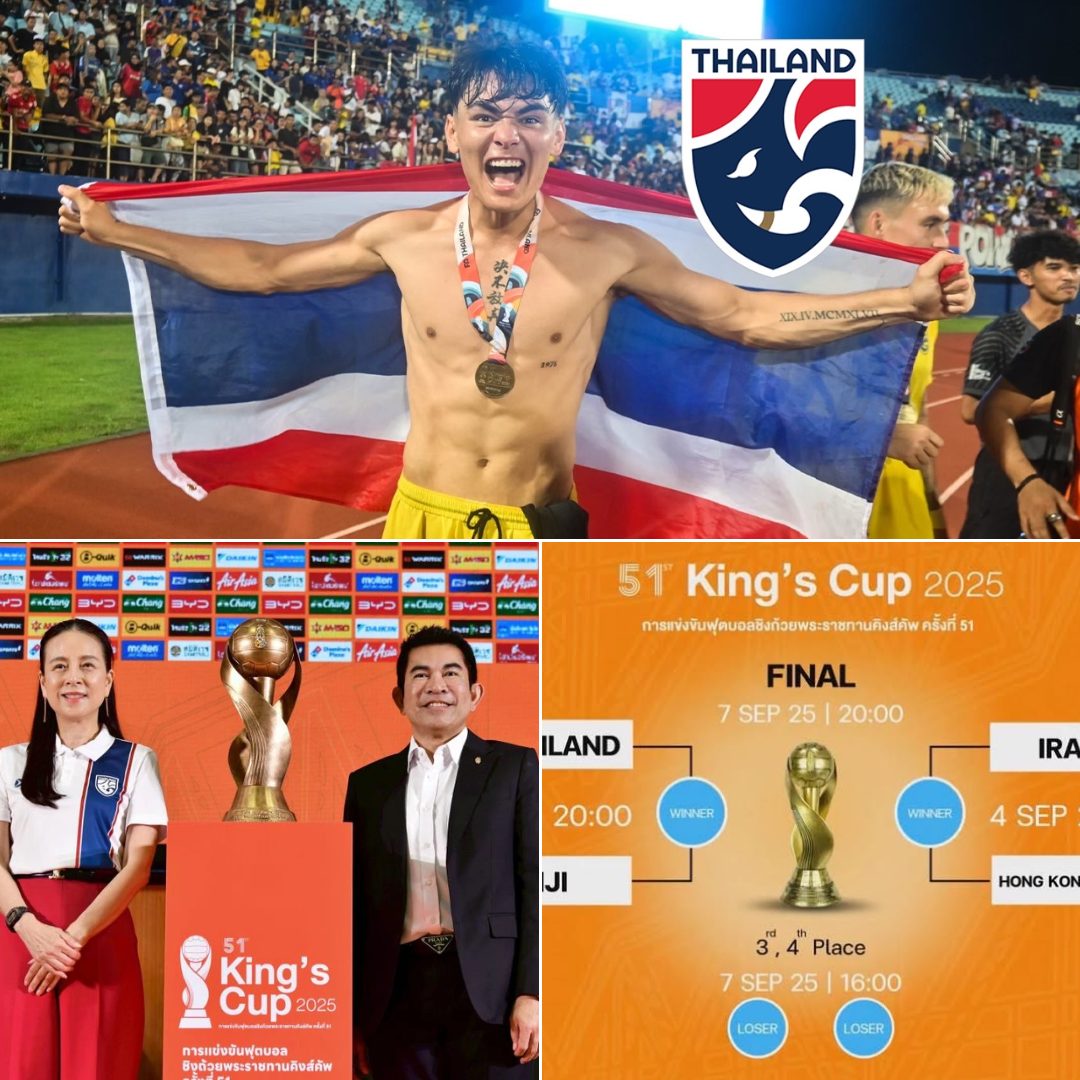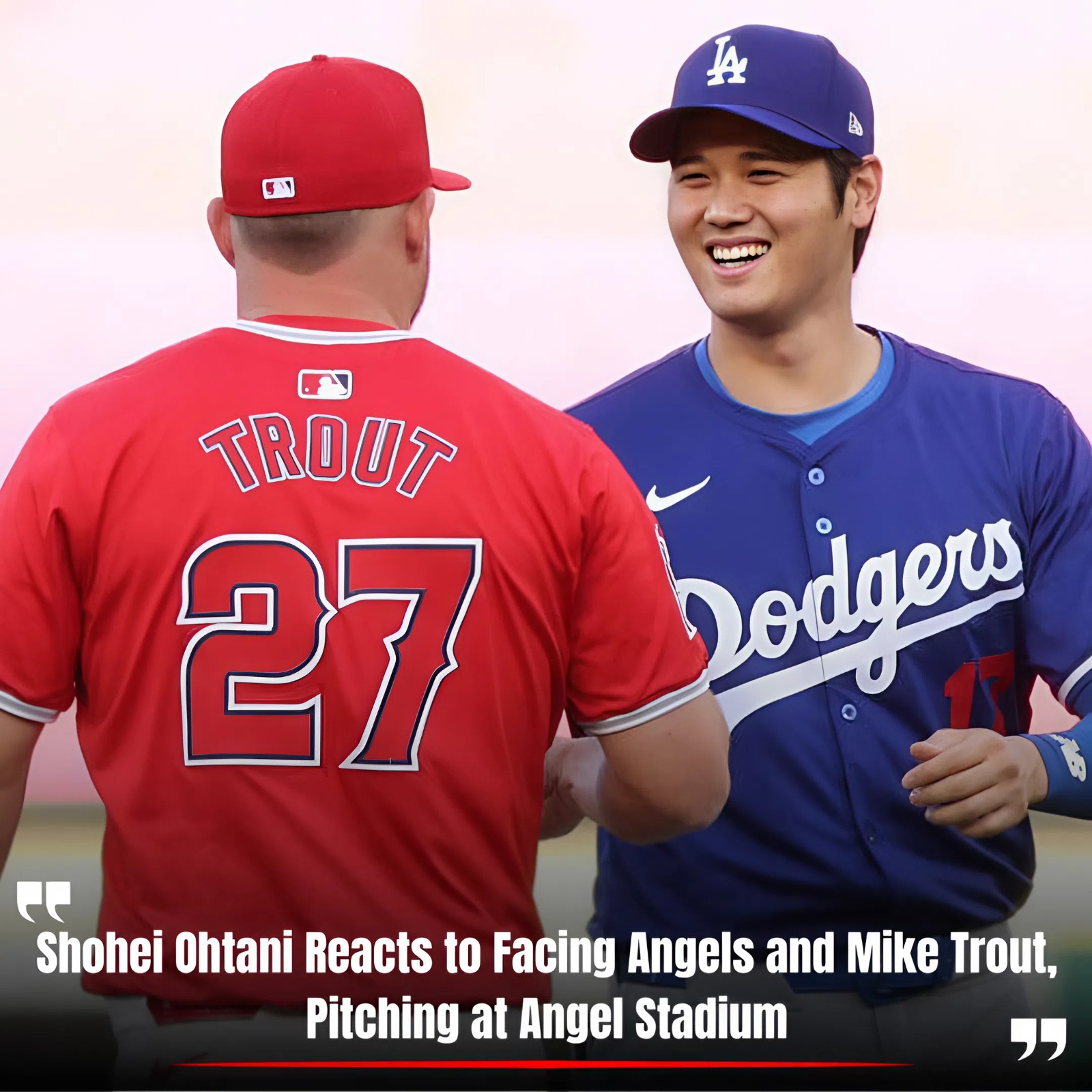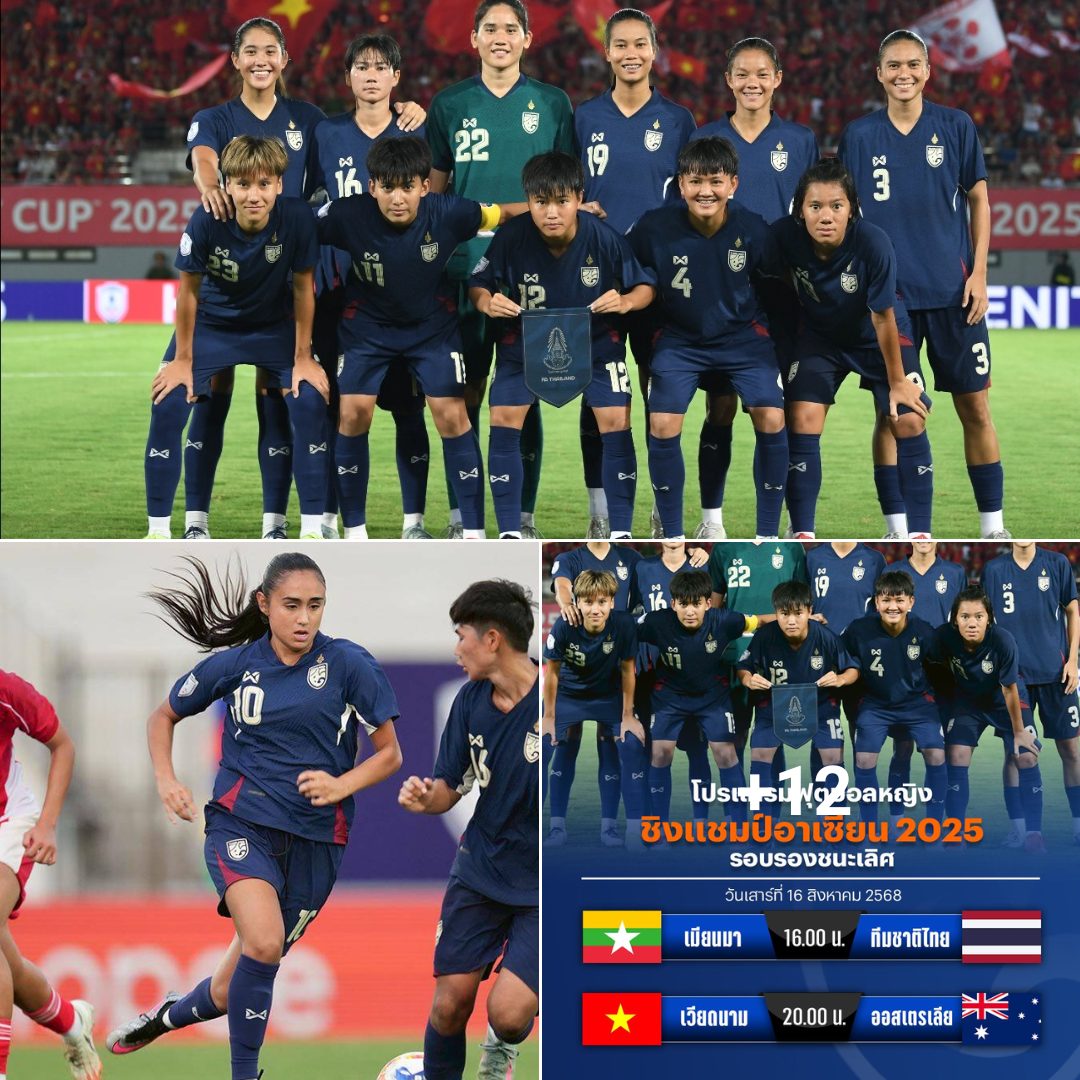“We want to increase more kids in the game. Well, don’t go to schools and talk about rugby. You might as well be talking about cricket or Aussie rules or tiddlywinks. It means nothing. It’s just a word.”
What about Ma’a Nonu and Matt Giteau, two of the game’s modern greats?
“Ma’a Nonu doesn’t mean anything to them [Americans],” Kevin Flynn, the Seattle Seawolves manager in the Major League Rugby competition, tells The Roar.
“This is the difference between rugby and soccer. I’ve never been a big soccer fan, but I know who Lionel Messi is. Rugby doesn’t have that. The only people who know Ma’a Nonu are the people who are already going to come to the game anyway.
“I think we’ve got to think a little bit more creatively about that. We’ll show pictures of athletes running down the field and blah, blah, blah. Well, they’ve got that with football, hockey, baseball, basketball. I think we have to tell a different story to attract people to our sport.”
And what is that story?
“If you go into schools and say we can help your kids be in a better space, be in a diverse environment, a safe space, help give them the s𝓀𝒾𝓁𝓁s and culturally to be able to find employment, all of a sudden they’re like, ‘wow, what’s this community program called?’” Flynn says.
“Well, actually, it’s called rugby. But if you start with rugby, they think, ‘Do I need another sport? We’re too busy as it is.’

Ma’a Nonu played in the Major League Rugby competition for years, but his arrival didn’t have locals jumping up and down. (Photo by Stuart Walmsley/Getty Images)
“But if you can tell them, show them all the opportunities that the sport can provide people, and have past and present players be living proof of what the sport can do, then it can be a game-changer.
“I’ve set up a mentorship program at Thomas Jefferson High School. These players, including people of Polynesian background, go in and say, ‘You know what, rugby got me a job, kept me out of trouble.’ It’s not me saying it, I’m a white guy with an accent. My journey is not their journey, you know. So that’s getting a lot more traction and attracting more people to the sport.
“When you’re trying to educate MLR people about rugby, they’re the type of stories that people should be telling because America’s already got contact sport covered.”
Flynn, an Irishman who played for London Irish in the English Premiership and also spent time playing in Australia and Canada, isn’t your ordinary official waxing lyrical about rugby.
Not only does Flynn run a plumbing company to pay the bills, he’s also the director of rugby for the US military.
Flynn also once called time on his association with the Seawolves because he didn’t agree with the direction it wasn’t headed and the culture it was encouraging, before new coach Allen Clarke, the former Irish international hooker, lured him back because of his expert understanding of what makes rugby appealing for investors.

Kevin Flynn believes rugby has been sold the wrong way in the United States. Photo: Supplied
Flynn recognised that rugby in the USA wasn’t going to cut through and prove successful unless it changed its messaging.
“Before the MLR existed, the Pro League was up and running but that fell apart because it was owned by one individual, who wasn’t a rugby person,” Flynn said.
“Culturally, some of these people who have previously invested in the sport aren’t rugby people. The previous owner looked at it as a business model. Well, that was never going to work, was it.”
Instead, Flynn has leaned in on rugby’s values and says by doing so major corporations are now willing to help.
“I think the issue is the way we’re selling it,” says Flynn, having seen the USA Eagles miss qualification for the 2023 World Cup as other nations in South America went past them.
“I don’t think we’re selling it for the right reasons. I mean, rugby’s a very positive sport. When guys are shaking each other’s hands and hugging each other or carrying each other off the field, even if they’re on the other team, those types of things, especially the climate we’re in at the moment politically and everything as well, everyone’s looking for something positive to be part of, and rugby is that sport.
“Guys shaking each other’s hands, walking off the field together, that doesn’t exist in some other major sports.
“If we start celebrating that culture, that’s going to attract people to that. They’ll say, ‘I want to be part of that.’ I think that’s what’s going to help grow our game. It can’t be just us talking about the sport itself. I think it’s the culture around the sport.
“Why does Starbucks, Microsoft, Boeing and Amazon give money to Special Olympics Washington? And we’re talking millions of dollars. There’s no return on that. But the return on it is because it’s positive. It makes them feel good. And it makes their employees feel good
“We’ve had players within the Seawolves who would absolutely be dead or in jail if it wasn’t for rugby. But we’ve never told that story.
“There are men and women from all backgrounds, military veterans, tough backgrounds with zero opportunity, and now life’s OK because of their involvement with the sport. You start telling stories like that, and they’re the things that Microsoft, Amazon, and Boeing give money to. They give money to community programs that help people. We just happen to do it through sport, which is pretty unique.”
Given the Seawolves’ ambition, it’s no surprise they have been one of the MLR’s most successful clubs on the field and continually attract thousands to a match.
In the coming years, the Seawolves will move from its current Starfire Sports field 12 miles south of Downtown Seattle to a newly developed Memorial Stadium in the city centre by the Space Needle, which will be able to hold around 12,000 people.
MLR insiders say the club is giving “hope” to the rest of the competition, which got off the ground in 2018 and survived Covid.
If sold properly, Flynn has no doubt rugby can thrive in the USA in much the same way football has taken off with Major League Soccer since the nation hosted the 1994 FIFA World Cup – a tournament and sport that is set to explode when the nation, including Seattle, hosts the FIFA Club World Cup in 2025 and FIFA World Cup in 2026.
“I think the trajectory is much better for rugby because soccer caters to a certain body type. Rugby caters to everyone,” Flynn said.
“The reality is we’re blessed in America with the athletes. There’s no athletes in the world like there are in this country, in my opinion.
“You go to a Husky football game and there’s 110 athletes in that program. Maybe three will make the NFL, so 107 dudes will be doing nothing, or maybe try and get into a Canadian football league or something like that, but a huge majority of them will miss out.
“Imagine if you went to a lot of those guys and said, ‘Well, we can help you continue to play sport, find you a job, and put you in a good environment.’
“They say, ‘Well, my other option was I was going to go back to whatever I was doing before,’ and some of them are from pretty rough backgrounds. It’s about how you tap into that market.”
Flynn acknowledges that it’s easier said than done, but adds that the Seawolves are currently working on getting representatives into the University of Washington to try and push rugby’s message.
So is it achievable?
“I absolutely think it’s achievable,” he insists. “We’ve always said that America is a sleeping giant.
“What’s stopped us doing it is ownership, not allocating dollars to that development. Everyone’s trying to win an MLR tomorrow.
“We’re surrounded by athletes that aren’t playing any sport.
“I think you’re probably aware of the comment that if America gets it right, we might all be in trouble, because it’s hard to find 6’8’’ athletes, who runs like 100 metres in 11 seconds, but they have those people here. And they’re in every college and every program but they’re not on a rugby field yet.”

The Washington Huskies prepare to take on the UCLA Bruins on November 15, 2024, at Alaska Airlines Field at Husky Stadium in Seattle. (Photo by Jesse Beals/Icon Sportswire via Getty Images)
The USA has already shown people will come to major Test matches.
A sold out crowd at Soldier Field witnessed Ireland’s first win over the All Blacks in 2016, while the three-time world champions played Fiji in front of a packed house in San Diego in July.
Other regions in the USA also already have strong rugby bases, including Utah.
It comes at a time when the USA Eagles have struggled to make inroads on the international stage, having failed to make the 2023 World Cup. But there were some positive signs in 2024, as the Eagles won four of nine Tests, including victories over Portugal and Tonga, while pushing Japan and Fiji at the Pacific Nations Cup.
“Utah easily has the best rugby base in the United States,” Flynn said.
“There’s a massive Polynesian community out there. There’s stacks of Tongans and Samoans in Utah because they’re Mormon, so there’s loads of rugby there. A lot of these guys are second generations. They’re American now, but these guys are going to be leading the way because they were tapping into that market.
“But I think it just wasn’t happening quick enough for them on the field, so then they go, well, how can we win MLRs? We want to win MLRs. So, then they partnered with Toulouse and now their model is to bring in young French players and in three years, they become American eligible. But that means we’re not developing American players.”

Homegrown talent Blaine Scully was a mainstay for the USA Eagles. But the former outside back was the exception, not the rule. (Photo by Clive Rose – World Rugby/World Rugby via Getty Images)
To Flynn, that’s an issue because homegrown talent isn’t just what you want but what the American public will get around, too.
“I think the struggle lies in the fact that are we doing enough to develop American players?” Flynn said. That’s where we’re failing.
“I mean, there is no Division Two. The drop-off from the MLR to Seattle Rugby Club in Division One rugby in America is crazy. It’s like, ‘OK, where are we finding the American players that are going to compete with the Ma’a Nonu’s? And that’s more of our struggle.”
As such, clubs are routinely looking for overseas recruits to help fill their rosters, but that does little for the development of its own talent, and with no second division, it means players, especially Americans, aren’t on the field enough.
Flynn also believes the MLR should lean into the fact that half of the clubs in the competition are based in military regions.
“There’s five MLR teams that are in the region of military bases and if you want to build your base, that’s one way to do it,” he said.
“I’m talking to them saying, ‘We’ll bring a military team and we’ll play a curtain raiser if you help us with hotels or flights or something like that’ and that will help build out your fan base because we know they’ll love it, but they just haven’t been to it yet.
“So, we’re speaking to New England at the moment. Seattle already does it in May.
“Now there’s other teams getting interested in it, too.
“The GM of San Diego is a Marine, and the GM of New Orleans is a Marine. There’s lots of connections with the military to help build out that fan base and that means getting more bums in seats, which is revenue.”
So will MLR succeed and rugby finally crack the final frontier in the years either side of the USA hosting the 2031 World Cup?
“I tell you what’s making me feel encouraged is in 2018 who knew if it was going to last a year or two years? Because we’d seen it all before, right? So, yes, I’m more hopeful now,” Flynn said.

The Seattle Seawolves made the Major League Rugby final in 2024. Photo: Supplied
“Also, if look at a lot of the other MLR teams, and it’s one area the Seawolves need to catch up on, we’re starting to see academies introduced and that’s progress.
“I mean, New Orleans played Houston SaberCats Academy recently in under-16s, so they’re starting to invest in those youth programs. That tells me there’s been a change in behaviour, a change in thought process. Which is the biggest thing, right? If you’re not seeing those changes, we know it’s going nowhere. But we’re starting to see the physical evidence of these other programs starting to invest in American youth. So, I think, yes, I’m very hopeful that this is going in the right direction.”
Our writer, Christy, met with Kevin Flynn in Seattle. On his trip to the city he dived into the city’s electric sports vibe, outdoor adventures, and renowned food scene. Christy explored Pike Place Market, where he joined a Coffee Crawl—the coffee in Seattle is possibly the best in the States. He also checked out the iconic Dick’s Burgers and stopped by sports bar Rough & Tumble, a woman-owned, women-focused sports bar that’s only the second of its kind in the U.S.
Beyond the food scene, he took a kayak tour on Elliott Bay with Alki Kayak Tours, soaking in epic views of the Seattle skyline, the Cascade Mountains, and the Olympic Mountains. As part of his sports trip to Seattle, Christy also visited the historic Shell House, home of the legendary “Boys in the Boat” and a symbol of rowing excellence. Meanwhile, Filson, an iconic Seattle-based outdoor clothing brand served as a beautiful setting for Christy’s interview with Detlef Schrempf and Philipp Grubauer – and is a top spot for shopping in town! During his trip, Christy stayed at Hotel Alexis in downtown Seattle.
Seattle’s mix of nature and urban edge makes it a magnet for pro athletes and fans alike. This visit was all about checking out the sporting pulse ahead of the 2026 FIFA World Cup, with the city gearing up to host six games on home turf.
